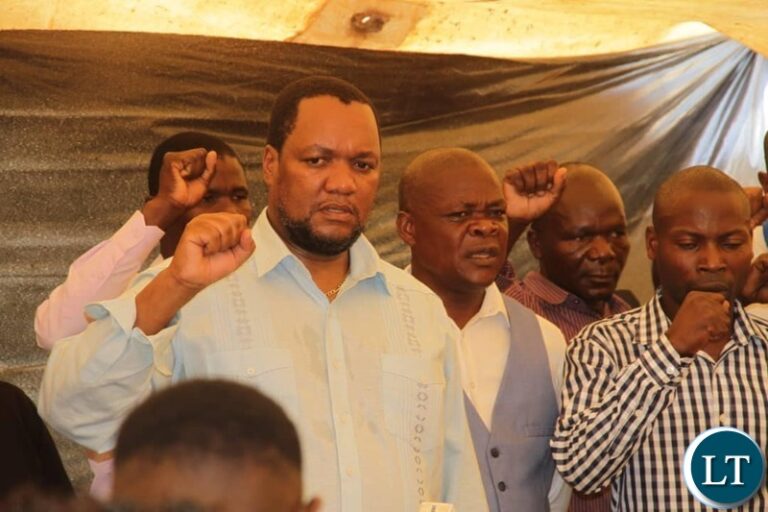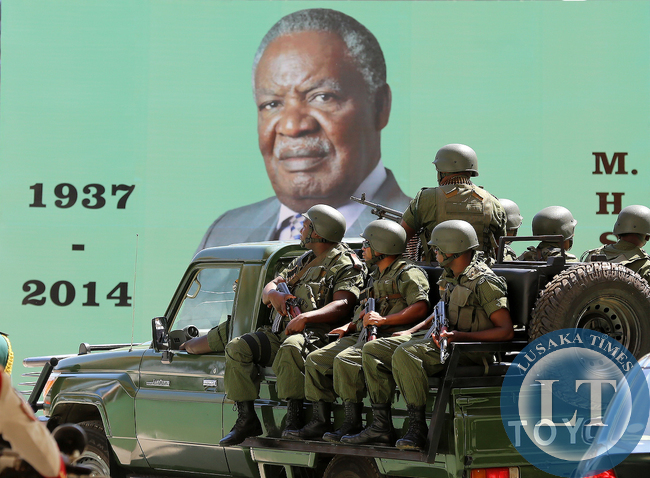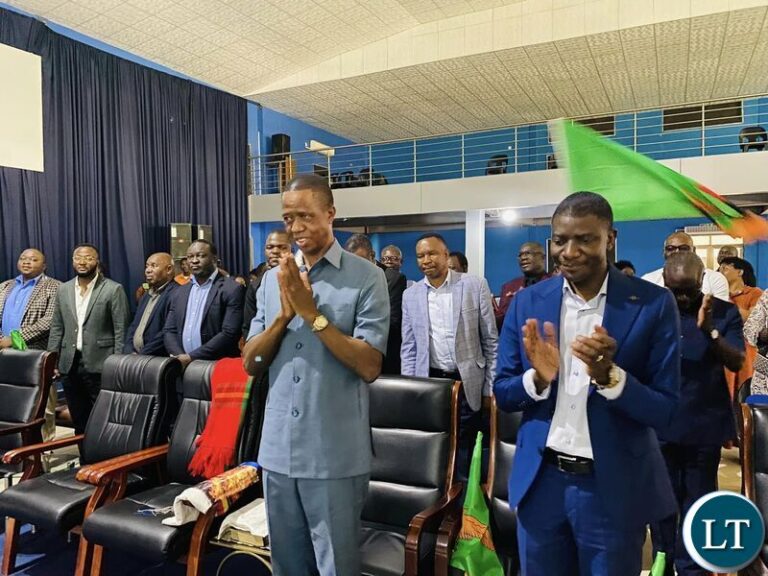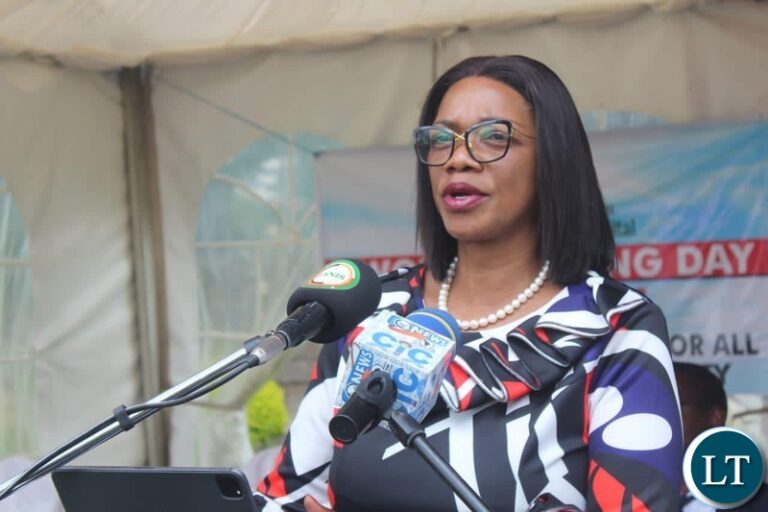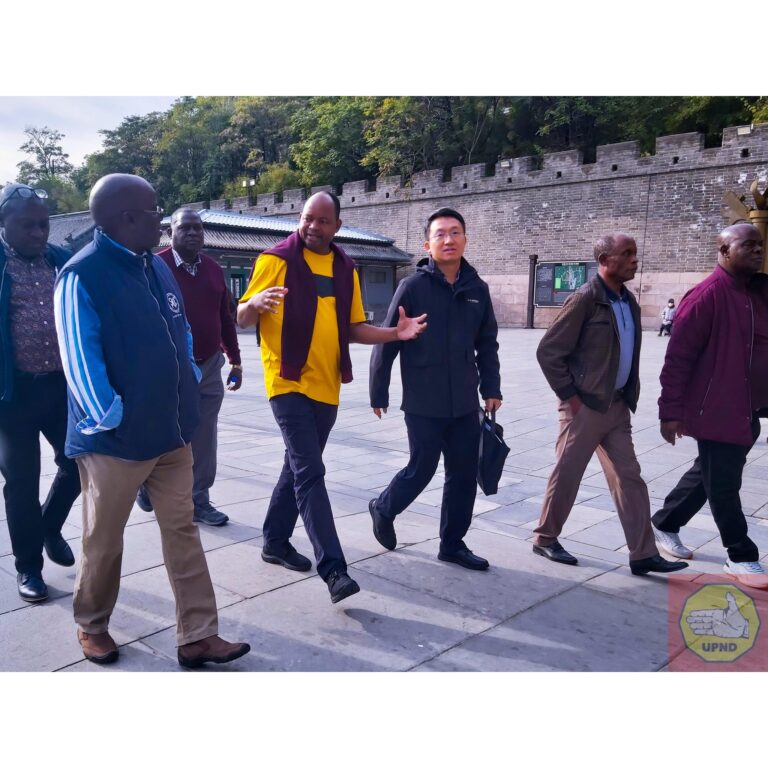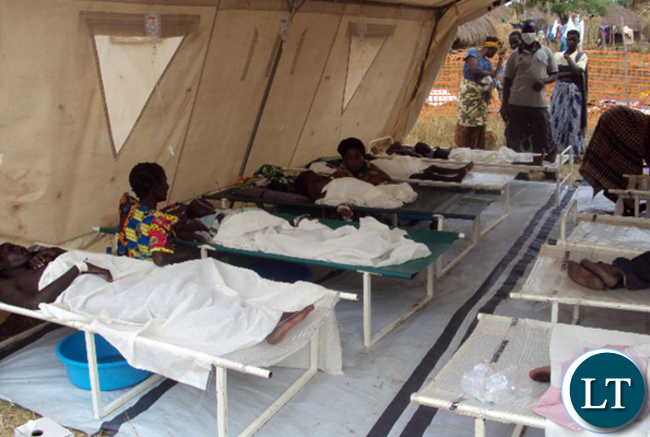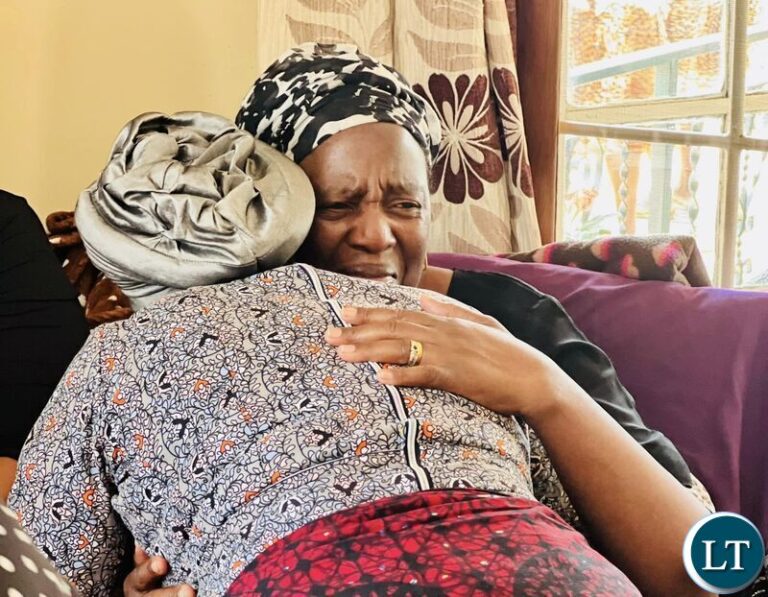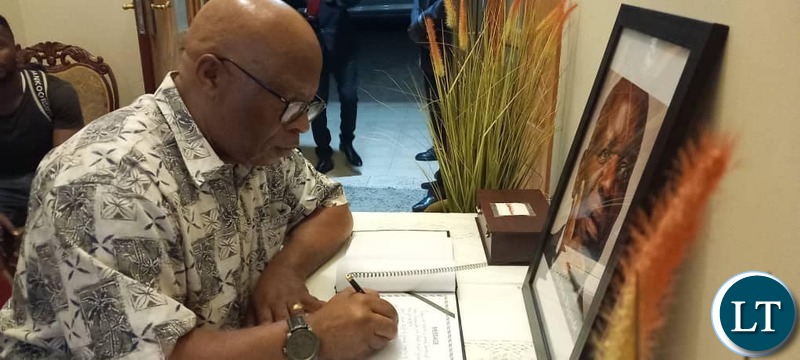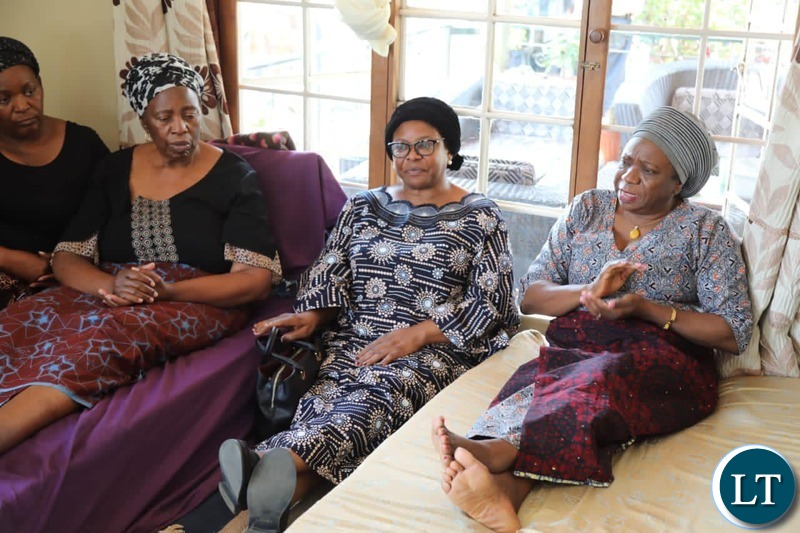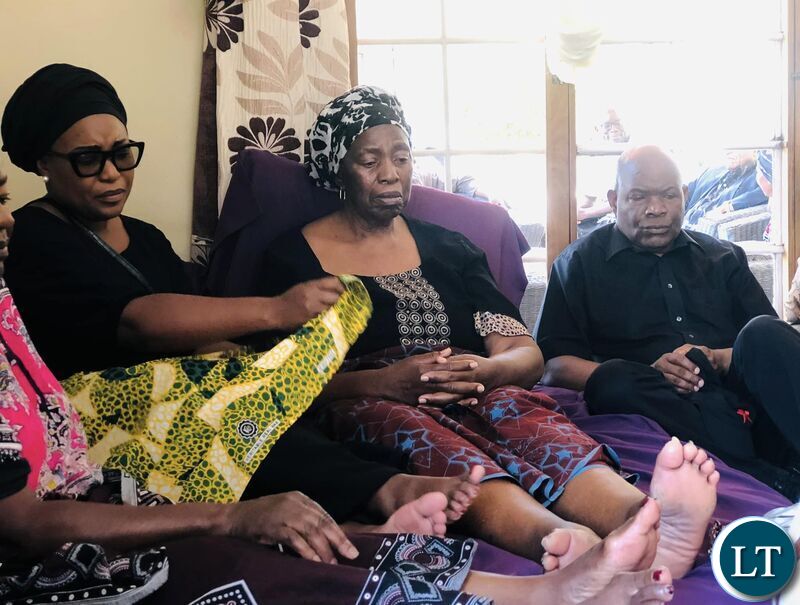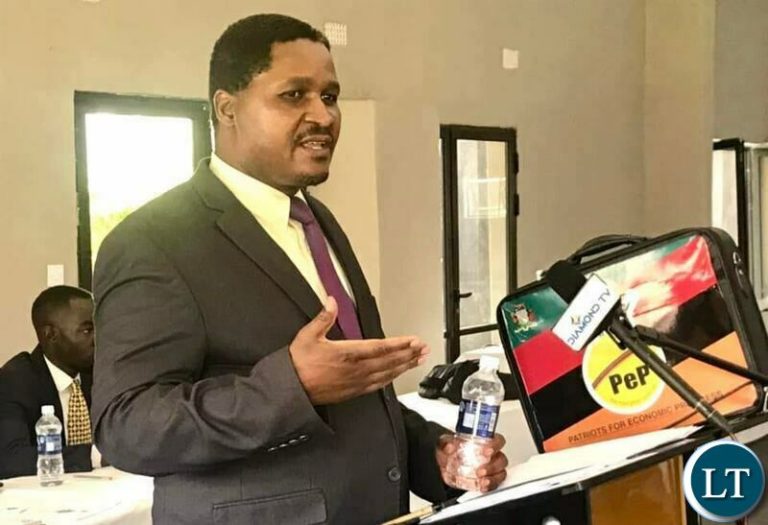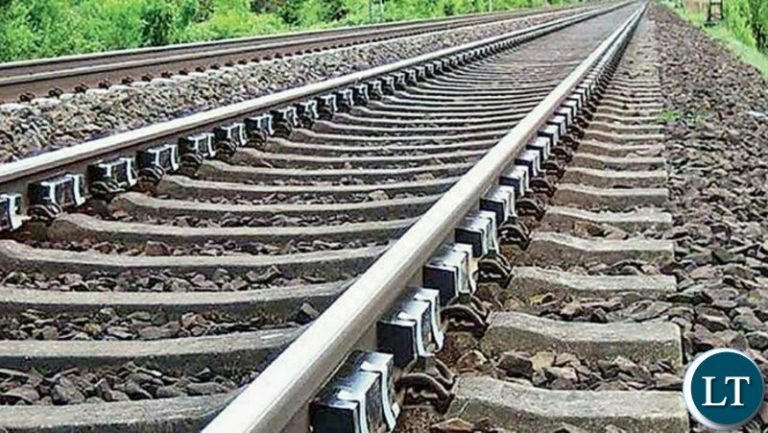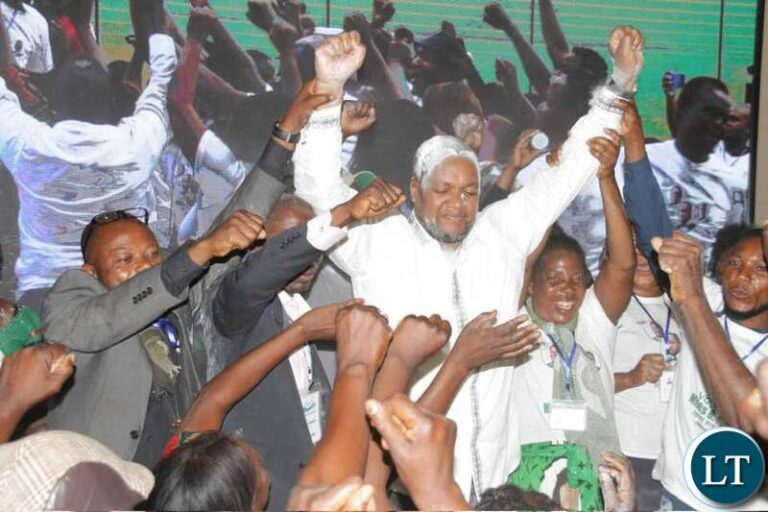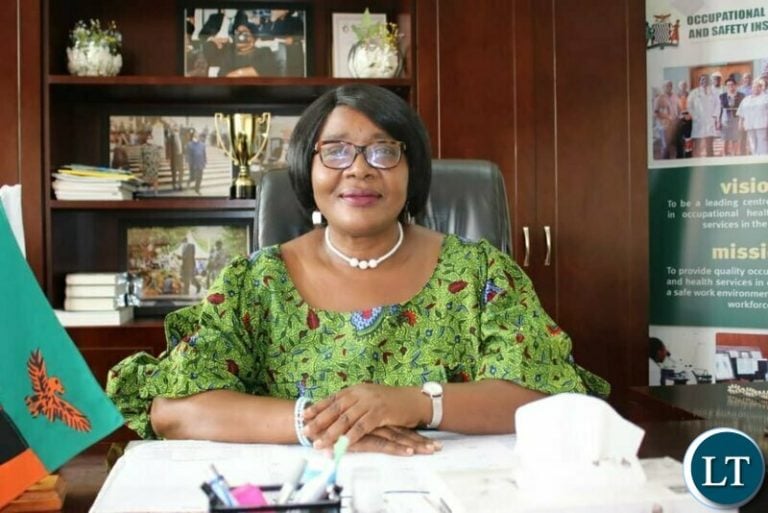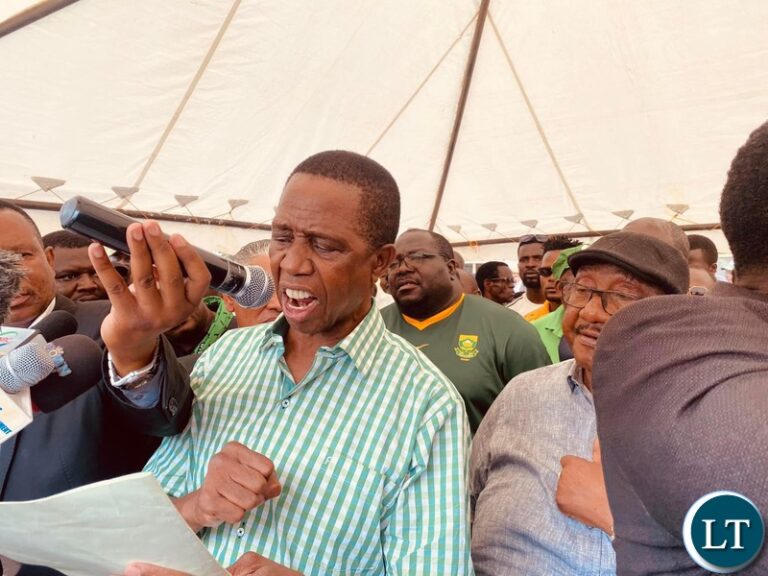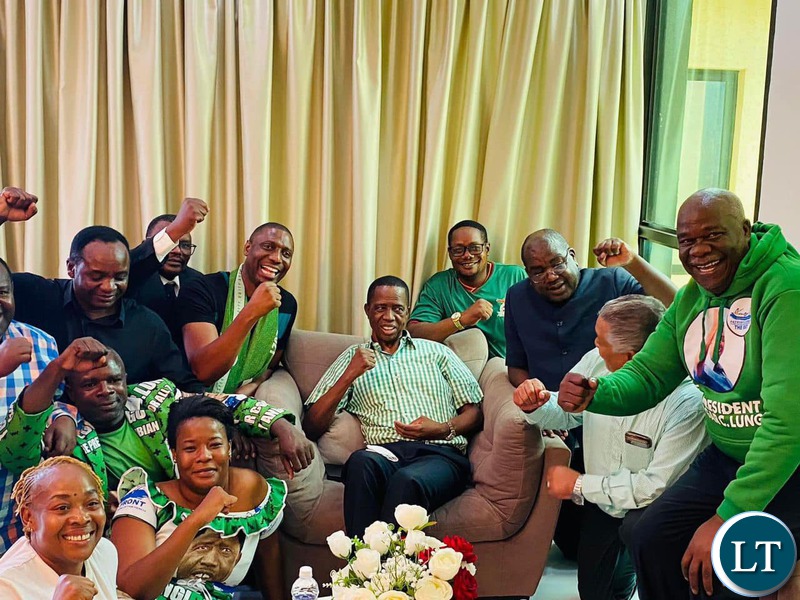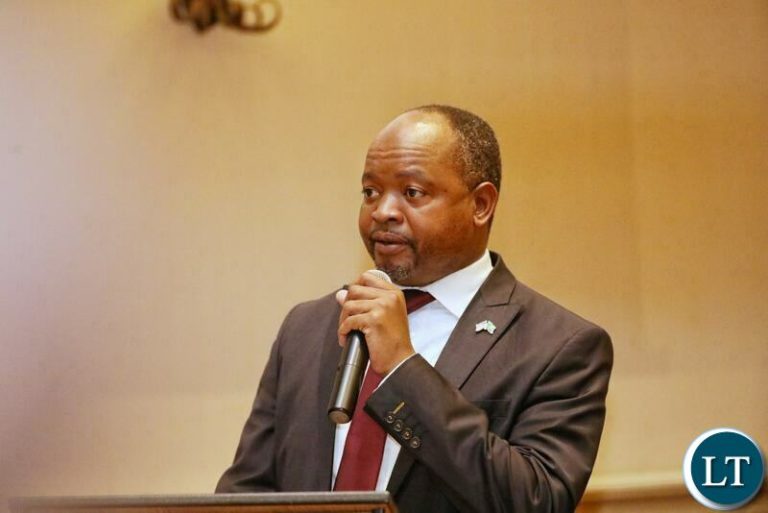It’s quite disheartening the clergy, particularly those from the ranks of the protestant movement, continue to use the scriptures for selfish reasons. One such character that stands out from the rest of the pack like a sore middle finger is one Sunday Sinyangwe, owner of one of the mega Church businesses in Lusaka.
During the just ended National Day of Prayer, Fasting, Repentance and Reconciliation; Sinyangwe invited former president Edgar Lungu who somehow found himself in his Church in Kanyama shanty compound to step forward.
“On behalf of the youth,” begun Sinyangwe as Lungu paraded himself before the vibrant congregation. “I am asking you to release us from whatever happened that day in the stadium.” He was of course referring to the booing Lungu suffered at the hands of the youth when he went to Heroes Stadium to handover the “instruments of power” to the newly elected president, Hakainde Hichilema.
“We need the mercies of God for all the abuse…..all the things that have been thrown at you….” continued the excited papa. “My humble request is for you to declare a release that it may be well with us; our blessings and prosperity are tied to you!”
Now wait a minute…..what exactly is the meaning of this? I don’t need a Bible scholar or indeed a prophet (I actually have a challenge recognising such grandiose titles as the real prophets only existed in Biblical times) to help me fathom the blessings and properity of our nation can be tied to an individual…..worse still, someone that only came to know Christ when he stepped inside the gates of State House for obvious reasons. What can deny a nation blessings or deter her from prosperity as the case may be with us isn’t a single human being but rather the relentless political violence , unbridled corruption and absolute plunder of national resources as we witnessed during the tenure of the man Sinyangwe shamelessly asked to pray for our beloved nation.
It’s actually embarrassing that these so-called men of God, or gold if you life, can arrogantly or igonarantly continue to use the pulpit to make outlandish declarations and peddle lies with a straight face as their gullible followers cheer on and ululate.
The papa is never shy of courting controversy. A few months before the elections, Sinyangwe who appeared to be seething with uncontrollable rage could be seen in a video that went viral on the internet discrediting and disparaging Hichilema and his political party UPND from the comfort of his pulpit as his audience applauded and chanted amen!
“Mr. HH and your leaders, I beg with you by the mercies of the Lord,” he pokes a warning finger into the camera. “Go before God and ask for mercy for what you did on Friday.”
The nation would remember that around that same period, there was a crucial council chairman by-election taking place in Kaoma, Western province which was marred by violence from PF cadres after sensing embarrassing defeat at the hands of a resurgent UPND. A UPND cadre was caught up in fracas and shot in cold blood. Instead of waiting for the police to conclude their investigations, the papa attempted to twist things in favour of the former ruling party PF. Isn’t a serious indictment on his part that some PF members ended up being arrested and for murder at the end of the day?
In the same video, Sinyangwe is seen bragging that he’s now taking to the pulpit to make a decree.
“If you don’t reverse what you did on Friday,” he continues daring Hichilema “You’ll never enter State House. Your party will be rejected. You’ll never sit on the throne!”
If outcome of the August 2021 general elections is anything to go by, then clearly, whatever Sinyangwe preached on that day wasn’t of God but his own fickle imiganation as the will of God finally prevailed amidst attempts to rid the elections. Last time we checked, Hichilema was sitting on the throne: providing much needed free education to our people; taking development direct to the masses through increased CDF; stamping out cadrerism in the stations and markets; uprooting political violence synonymous with PF and most importantly, reuniting the nation by appointing a cabinet that has a national character.
Prince Bill M Kaping’a
Political/Social Analyst


